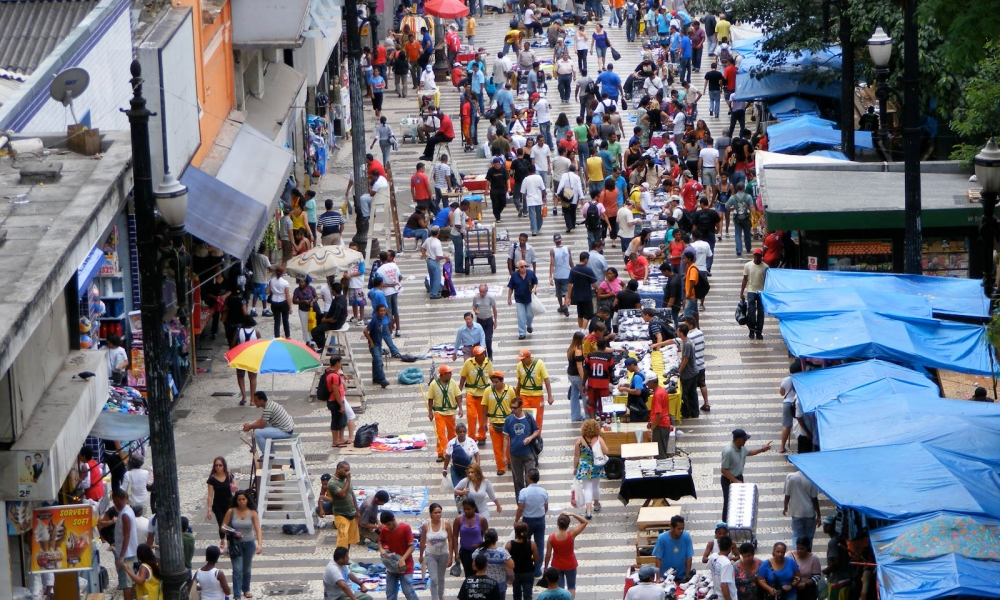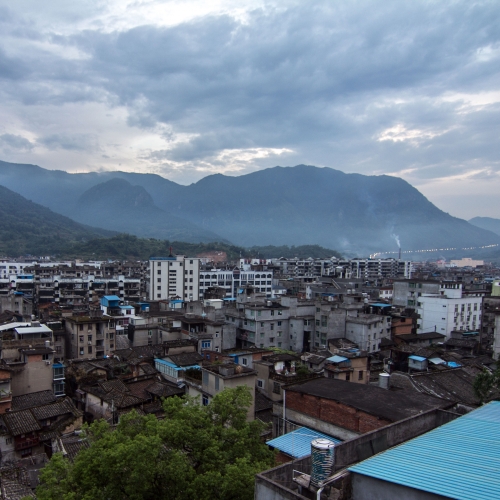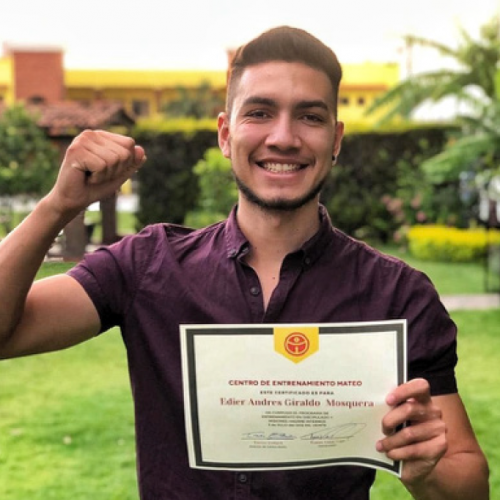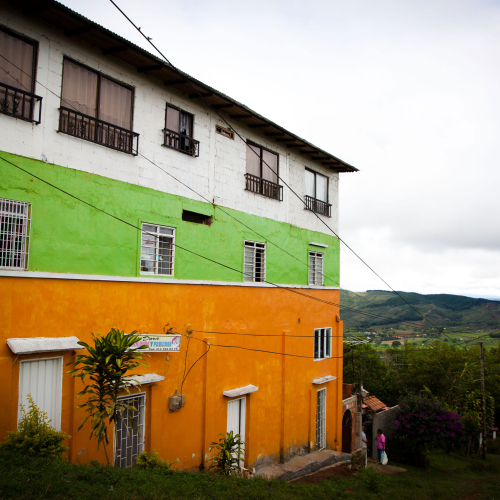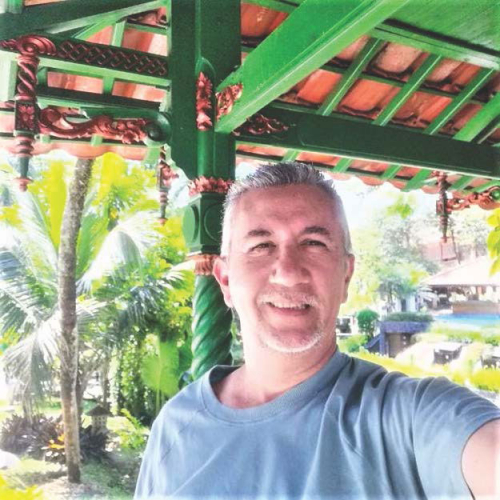“No one wants to suck on chalk.”
And with this, despite a few puzzled looks, ICOMB executive director Rudi Plett summed up the average reaction one has to being told of the need for “structure”. The word itself, he explained, is often perceived as a threat to our freedom of expression. Yet what followed during the ICOMB 2022 summit was far from a series of lectures on how to impose predominantly Western structures upon global churches. Instead, we were enriched by plenary sessions and diverse workshops presenting opportunities to better understand our MB historical context, examine our Anabaptist theology through global lenses, hear practical suggestions for church growth and health, and engage in lively (at times, deafeningly so) interactions regarding how to best apply all this knowledge in our vastly different cultural contexts.
“Vines and trellises”, was a metaphor used to describe how ICOMB’s mission and MB theology and church structures all serve to support growth, not direct it. The MLT (Missional Leadership Training) resources were held up as an example of such a trellis, with curriculum that can be unpacked by both established and emerging church networks in ways that encourage ecclesial cohesion and yet embrace cultural nuance. Above all, the “vines” of global MB conferences were celebrated as an intertwining of leaf and stem and fruit; a vibrant and complex community meant to grow and flourish together.
What does that look like?
It looks like Colombia leaning on Brazil for mentorship, learning even more about how to pastor their pastors. It looks like Portugal, overcome with emotion, acknowledging the grief and pain of an ongoing struggle to raise up leaders. It looks like Paraguay and Mexico arguing good-naturedly about how one assesses what is “credible” non-formal theological training, and who makes that call. It looks like Malawi weeping with Uruguay over the poor and marginalized in their regions, Lithuania napping comfortably beside Austria on the lawn outside the church between sessions, and Thailand blowing us all away with the passion of their prayers. It looks like sober faces and earnest prayers, grieving over those who were not able to join us from Ukraine. It looks like over fifteen delegates from different Latin American countries cramming around a table in an intense brainstorming session about how to form their own ICOMB region.
“First, we need to be honest,” one said, and all nodded. “A frank inventory. What are our strengths? What can we offer one another? But more - what are our weaknesses? We must put aside our Latino culture of shame and share our frailties, as friends do.” Like them, others found that vulnerability and humility came more easily as the days progressed. We were in a setting in which everyone wanted everyone else to fulfill God’s calling in their lives, for the sake of reaching the lost.
As the summit transitioned into the Despertar 2022 conference, all were ready to worship. The auditorium was full of exuberant young adults, church members from the local communities, and dazed but happy-looking international ICOMB delegates. Here, on the grounds of the first church to be planted in the country of Brazil, our minds and hearts were moved to look back and reflect on God’s past goodness, to look around and give thanks for the present faithfulness of his people, and to look ahead in anticipation of a future of growing together, in a glorious tangle of leaf and stem and fruit, all for the glory of God.

